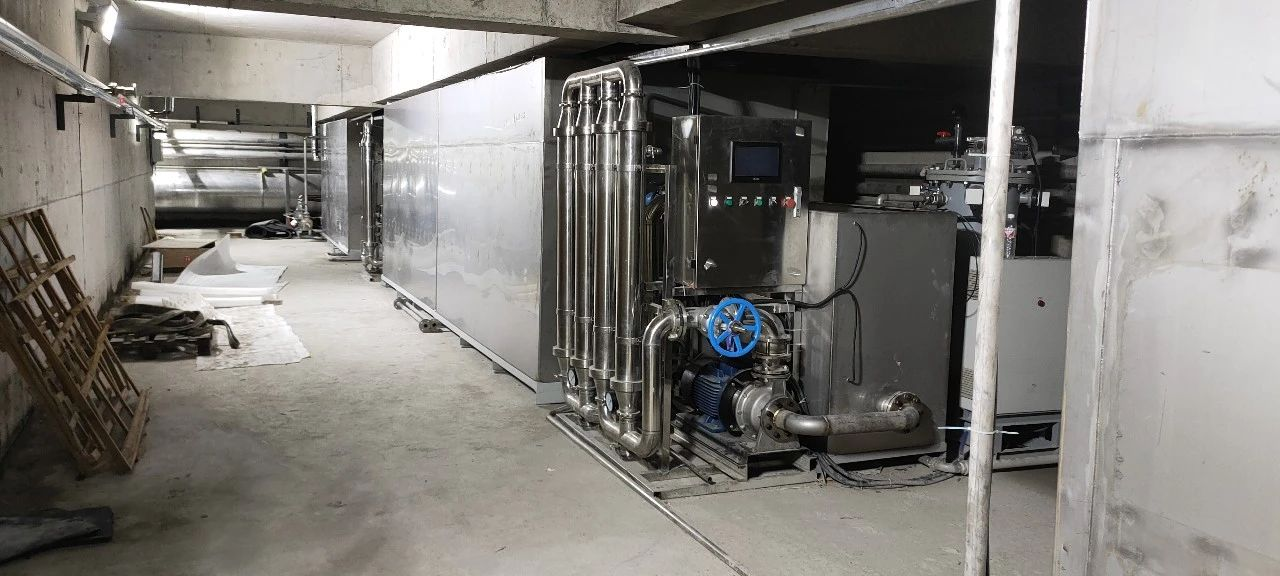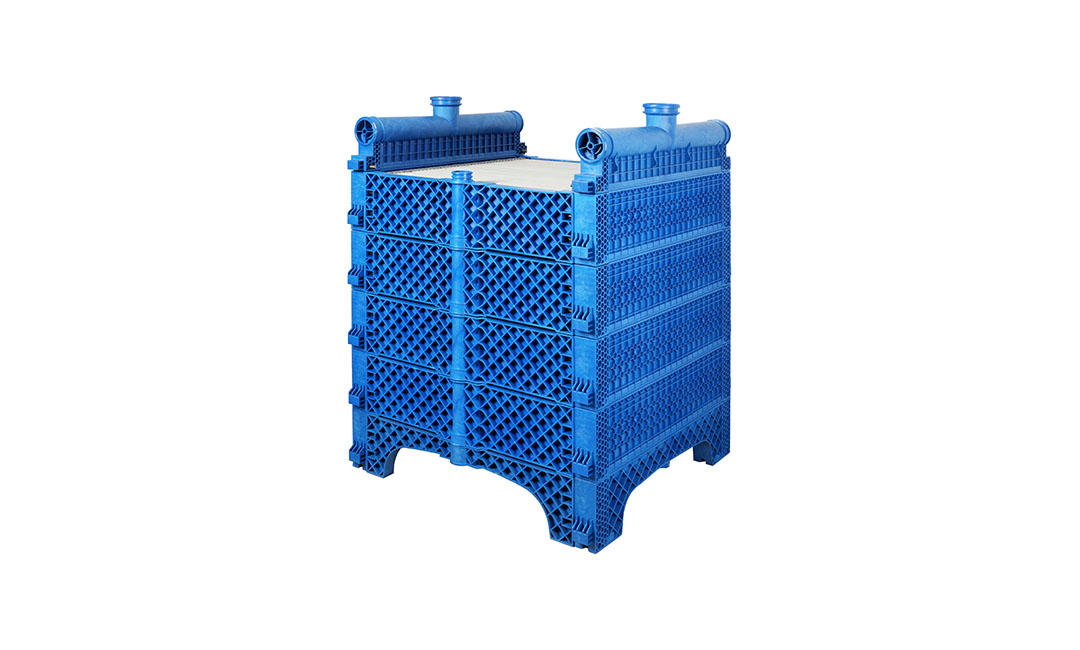Benefits of Using Nylon Monofilament Mesh in Industrial Applications
Nylon monofilament mesh is a versatile material that has a wide range of industrial applications. Its strength and durability make it an ideal choice for various industries, including filtration, screen printing, and medical devices. In this article, we will explore the benefits of using nylon monofilament mesh in industrial applications.
One of the key advantages of nylon monofilament mesh is its strength. Nylon is a synthetic material that is known for its high tensile strength, making it ideal for applications where durability is essential. This strength allows nylon monofilament mesh to withstand high temperatures and harsh chemicals without losing its integrity. This makes it a reliable choice for industrial processes that require a material that can withstand tough conditions.
In addition to its strength, nylon monofilament mesh is also highly resistant to abrasion. This means that it can maintain its shape and integrity even when subjected to repeated friction or rubbing. This resistance to abrasion makes nylon monofilament mesh a long-lasting and cost-effective option for industrial applications where wear and tear are common.
Another benefit of using nylon monofilament mesh is its flexibility. Nylon is a flexible material that can be easily molded and shaped to fit a variety of applications. This flexibility allows nylon monofilament mesh to be used in a wide range of industrial processes, from filtration to screen printing. Its ability to conform to different shapes and sizes makes it a versatile material that can be adapted to suit the specific needs of each application.
Furthermore, nylon monofilament mesh is lightweight, which makes it easy to handle and transport. This lightweight nature also makes it an energy-efficient option, as it requires less energy to move and manipulate compared to heavier materials. This can result in cost savings for industrial processes that require the use of nylon monofilament mesh.
Additionally, nylon monofilament mesh is resistant to moisture and chemicals, making it a reliable choice for applications where exposure to liquids or corrosive substances is common. This resistance to moisture and chemicals ensures that nylon monofilament mesh will not degrade or lose its effectiveness over time, even in harsh environments.
Overall, the strength, durability, flexibility, and resistance to abrasion, moisture, and chemicals make nylon monofilament mesh an excellent choice for a wide range of industrial applications. Its versatility and reliability make it a popular material in industries such as filtration, screen printing, and medical devices. Whether you need a material that can withstand high temperatures, harsh chemicals, or repeated friction, nylon monofilament mesh is a strong and durable option that can meet your needs.
How Nylon Monofilament Mesh Enhances Screen Printing Results
Nylon monofilament mesh has emerged as a pivotal component in the screen printing industry, significantly enhancing the quality and precision of printed designs. This material, characterized by its single-strand construction, offers a unique combination of strength, flexibility, and durability, making it an ideal choice for various printing applications. As screen printing continues to evolve, the advantages of nylon monofilament mesh become increasingly apparent, particularly in terms of achieving superior print results.
One of the primary benefits of nylon monofilament mesh is its exceptional tensile strength. This strength allows the mesh to withstand the rigors of the printing process, including the pressure exerted during squeegee application. Unlike traditional polyester meshes, nylon monofilament mesh maintains its integrity under stress, reducing the likelihood of distortion or breakage. Consequently, printers can achieve consistent results across multiple prints, ensuring that each design retains its intended quality and detail.
In addition to its strength, nylon monofilament mesh offers remarkable flexibility. This characteristic is particularly advantageous when printing on uneven or textured surfaces, as the mesh can conform to the contours of the substrate. This adaptability not only enhances the overall print quality but also minimizes the risk of ink bleeding or smudging, which can occur with less flexible materials. As a result, printers can produce intricate designs with sharp lines and vibrant colors, elevating the aesthetic appeal of the final product.
Moreover, the fine weave of nylon monofilament mesh allows for precise ink deposition. The mesh’s uniform openings facilitate an even distribution of ink, which is crucial for achieving accurate color representation and detail in printed images. This precision is especially important in applications such as textile printing, where color fidelity and design intricacy are paramount. By utilizing nylon monofilament mesh, printers can ensure that their designs are reproduced with the highest level of accuracy, meeting the expectations of both clients and consumers.
Another significant advantage of nylon monofilament mesh is its resistance to chemicals and solvents. This property is particularly beneficial in screen printing, where various inks and cleaning agents are used. The durability of nylon allows it to withstand exposure to these substances without degrading, ensuring that the mesh maintains its performance over time. This resilience not only extends the lifespan of the mesh but also reduces the frequency of replacements, leading to cost savings for printing operations.
Furthermore, the lightweight nature of nylon monofilament mesh contributes to its ease of handling and installation. Printers can quickly set up and adjust screens without the added burden of heavy materials, streamlining the workflow and enhancing productivity. This efficiency is crucial in a fast-paced printing environment, where time is often of the essence.

In conclusion, the incorporation of nylon monofilament mesh into screen printing processes offers numerous advantages that significantly enhance print results. Its strength, flexibility, precision, chemical resistance, and lightweight properties collectively contribute to superior quality and efficiency in printing applications. As the industry continues to seek innovative solutions for improving print outcomes, nylon monofilament mesh stands out as a reliable and effective choice for achieving exceptional results. By embracing this advanced material, printers can elevate their work, ensuring that their designs not only meet but exceed the expectations of their clients.
The Durability and Longevity of Nylon Monofilament Mesh in Various Settings
Nylon monofilament mesh is a versatile material that is known for its strength and durability. It is commonly used in a variety of settings, including industrial, commercial, and residential applications. The unique properties of nylon monofilament mesh make it an ideal choice for many different uses.
One of the key benefits of nylon monofilament mesh is its strength. Nylon is a synthetic material that is known for its high tensile strength, which makes it ideal for applications where durability is important. Nylon monofilament mesh is able to withstand heavy loads and high levels of stress without breaking or tearing. This makes it a popular choice for use in industrial settings where materials need to be able to withstand harsh conditions.
In addition to its strength, nylon monofilament mesh is also known for its longevity. Nylon is a highly durable material that is resistant to wear and tear, making it a long-lasting option for many different applications. Nylon monofilament mesh is able to maintain its integrity over time, even when exposed to harsh chemicals, extreme temperatures, or other challenging conditions. This makes it a reliable choice for use in settings where longevity is important.

Nylon monofilament mesh is commonly used in a variety of industrial applications, such as filtration, screening, and separation. Its strength and durability make it an ideal choice for these types of applications, where materials need to be able to withstand heavy use and frequent cleaning. Nylon monofilament mesh is able to maintain its shape and integrity even when exposed to high levels of pressure or abrasion, making it a reliable option for use in industrial settings.
In addition to its industrial applications, nylon monofilament mesh is also commonly used in commercial settings, such as in the production of clothing, accessories, and other consumer goods. Its strength and durability make it an ideal choice for use in these types of applications, where materials need to be able to withstand frequent use and washing. Nylon monofilament mesh is able to maintain its appearance and performance over time, even when exposed to repeated wear and tear.
Nylon monofilament mesh is also a popular choice for use in residential settings, such as in the production of window screens, laundry bags, and other household items. Its strength and durability make it an ideal choice for use in these types of applications, where materials need to be able to withstand daily use and exposure to the elements. Nylon monofilament mesh is able to maintain its shape and integrity over time, even when exposed to sunlight, moisture, or other environmental factors.
Overall, nylon monofilament mesh is a versatile material that is known for its strength and durability. Its unique properties make it an ideal choice for use in a variety of settings, including industrial, commercial, and residential applications. Whether you need a material that can withstand heavy loads, frequent use, or harsh conditions, nylon monofilament mesh is a reliable option that is sure to meet your needs.

